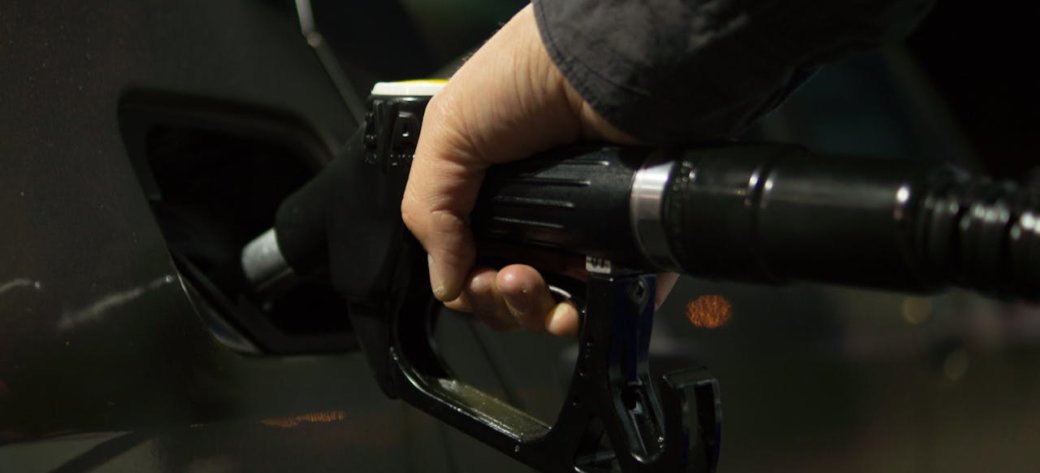What Happens If You Don T Put Premium Fuel In A Premium Only Car?

If you don’t use premium fuel in a car that requires or recommends it, you may experience several potential issues…
- Knocking or Pinging – Premium fuel typically has a higher octane rating than regular fuel. Higher-octane fuel is more resistant to detonation, which can occur under high compression or under load. If you use lower-octane fuel in an engine designed for premium fuel, you may experience knocking or pinging noises, which indicate that the fuel is igniting prematurely. This can lead to decreased performance and potential engine damage over time.
- Reduced Performance – Engines designed to run on premium fuel often have higher compression ratios or advanced timing that takes advantage of the fuel’s higher octane rating. Using lower-octane fuel can cause the engine’s computer to adjust timing and performance parameters to compensate, resulting in reduced power and efficiency.
- Engine Damage – In extreme cases, using lower-octane fuel in an engine designed for premium fuel can lead to engine damage, including piston or valve damage from detonation, increased wear on engine components, and potential overheating or pre-ignition issues.
- Check Engine Light – Some modern vehicles have knock sensors and engine control systems that can detect knocking or pinging caused by using lower-octane fuel. In these cases, the engine control module may trigger the check engine light and store a fault code indicating a fuel-related issue.
While some vehicles specify the use of premium fuel, others may only recommend it for optimal performance. Always refer to your vehicle’s owner’s manual or consult with a qualified mechanic to determine the correct fuel type for your specific vehicle. Using the recommended fuel will help ensure proper engine performance, efficiency, and longevity.
